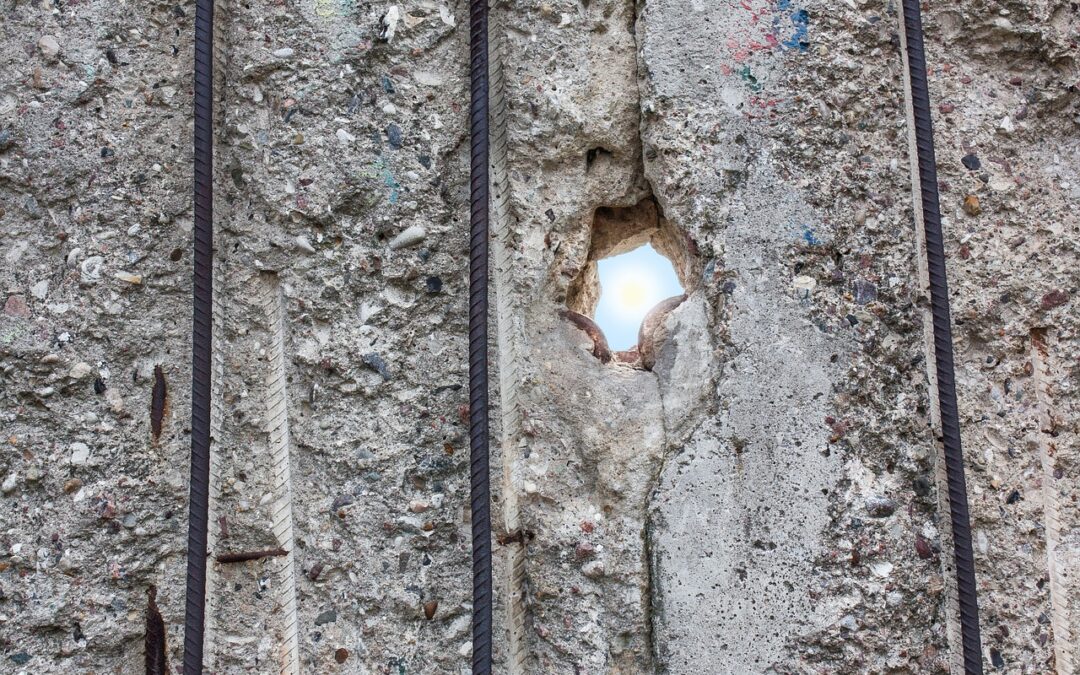Contents
Excavating the Earth: A Comprehensive Guide to Excavation Services
TL;DR
Excavation is a crucial step in many construction projects, involving the removal of soil, rock, and other materials to prepare a site for development. Professional excavation contractors offer various services, including land clearing, site preparation, trenching, foundation excavation, and demolition. Choosing the right contractor is essential, considering factors like experience, licensing, safety practices, and cost. The excavation process involves site assessment, equipment selection, excavation techniques, soil removal, and site cleanup.
The Importance of Excavation
Excavation is an essential step in various construction projects, as it prepares the site for the foundation, utilities, and other structural elements. It involves the removal of soil, rock, vegetation, and any obstacles that may hinder construction.
Types of Excavation Services
Excavation contractors provide a wide range of services to meet specific project needs:
Land Clearing
Land clearing involves removing vegetation, debris, and obstacles from a site to prepare it for development. This includes clearing trees, shrubs, rocks, and any other obstructions.
Site Preparation
Site preparation is the process of grading and leveling a site to create a stable and suitable surface for construction. It involves removing topsoil, leveling the ground, and compacting the soil to ensure a solid foundation.
Trenching
Trenching involves digging narrow, deep ditches in the ground to accommodate underground utilities, such as water, sewer, gas, and electric lines. Trenching requires careful planning and adherence to safety regulations.
Foundation Excavation
Foundation excavation involves digging the foundation for a building or structure. It includes excavating the soil to the required depth and dimensions to create a stable base for the building.
Demolition
Demolition involves the removal of existing structures or buildings to make way for new construction or renovations. It requires specialized equipment and adherence to safety precautions to ensure controlled demolition.
Choosing an Excavation Contractor
Selecting a professional excavation contractor is crucial to ensure the success and safety of your project. Consider the following factors:
Experience and Expertise
Choose a contractor with experience in the specific type of excavation required for your project. Their expertise will ensure they can handle the complexities of your site and project requirements.
Licensing and Insurance
Ensure the contractor is licensed and insured to operate in your area. This protects both the contractor and you from liability in case of accidents or damage.
Equipment and Technology
Modern equipment and technology enhance efficiency and safety in excavation. Verify that the contractor has access to the necessary equipment and uses industry-standard techniques.
Safety Practices
Safety is paramount in excavation. Choose a contractor who prioritizes safety regulations and follows best practices to minimize risks on the job site.
Cost and Budgeting
Excavation costs vary depending on factors like site conditions, project complexity, and equipment usage. Discuss the project details with the contractor to get a clear estimate and ensure it aligns with your budget.
The Excavation Process
The excavation process typically involves several steps:
Site Assessment
The contractor will assess the site to determine the scope of work, including the type of excavation required, soil conditions, and potential challenges.
Equipment Selection
The appropriate heavy equipment is selected based on the site conditions and the type of excavation required. This includes excavators, bulldozers, loaders, and other specialized equipment.
Excavation Techniques
Various excavation techniques are employed, including digging, blasting, and hydraulic excavation. The choice of technique depends on factors like soil composition, depth of excavation, and site constraints.
Soil Removal and Disposal
Excavated soil is removed from the site and disposed of in accordance with environmental regulations. The contractor will determine the most suitable method of soil disposal based on the soil type and local regulations.
Site Cleanup and Restoration
After excavation is complete, the site is cleaned up to remove any debris or leftover soil. The contractor may also restore the site to its original condition, including grading and revegetation.
FAQs
How long does an excavation project take?
The duration of an excavation project varies depending on the size and complexity of the site, soil conditions, and weather conditions.
What permits are required for excavation?
Excavation may require permits from local authorities to ensure compliance with building codes and safety regulations.
How much does excavation cost?
The cost of excavation varies based on the factors mentioned earlier. It is important to get a detailed estimate from a professional contractor to determine the cost for your specific project.
Conclusion
Excavation is a vital aspect of construction that requires careful planning and execution. By choosing a qualified excavation contractor and understanding the excavation process, you can ensure your project is completed safely, efficiently, and to your satisfaction. Contact a local excavation company today to discuss your project needs and get a free estimate.

